Redefining Maternal Health Through Shared Power
By Office of the President | Oct 21, 2025
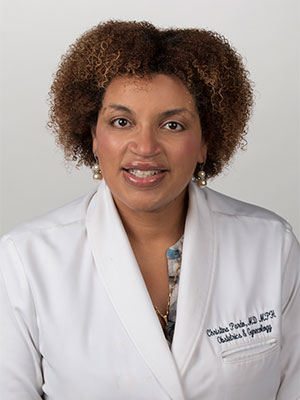
Christina Pardo, MD, MPH, F.A.C.O.G.
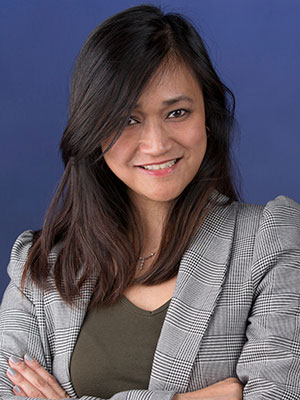
Aimee Afable, PhD, MPH

Howard L. Minkoff, MD, FACOG
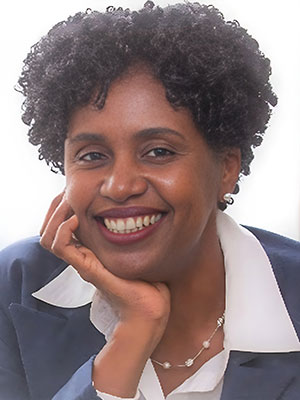
Marilyn Fraser, MD
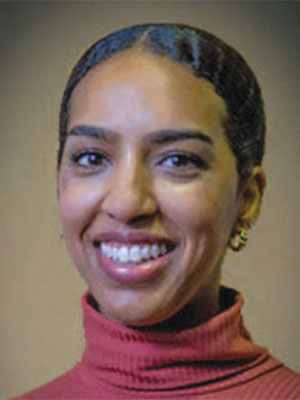
Faven Araya, DrPH(c), MPH
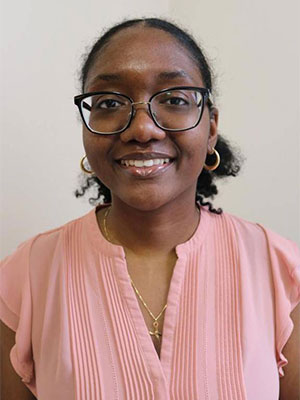
Kristelle Pierre, MPH
In Brooklyn, a mother’s race can determine her chances of surviving childbirth, and the stakes are higher here than almost anywhere else in New York City.
Over the past few years, Brooklyn has accounted for about a third of New York City’s pregnancy-related and pregnancy-associated deaths (32.1 percent and 35.1 percent, respectively). In 2018, the NYC Department of Health and Mental Hygiene designated Central Brooklyn as a high-priority area after data showed the steepest risks for pregnancy complications were concentrated in East Flatbush and Brownsville, where 11 to 12 percent of women receive late or no prenatal care and 14 percent of births are preterm.
In response to the need, Downstate’s Department of Obstetrics and Gynecology, School of Public Health, and the Arthur Ashe Institute for Urban Health developed a collaborative path forward using the National Academy of Medicine’s Assessing Meaningful Community Engagement (ACE) framework as a guide.
The work centers on a co-created Women’s Health Community Advisory Board where community partners, including community-based organizations, doulas, community health workers (CHW), faith and business leaders, and elected officials, share decision-making so that priorities, policies, and patient materials reflect lived experience as well as clinical evidence.
This approach is changing practice. It increased the screening of prenatal patients for health-related social needs. It standardized a doula referral pathway, resulting in a doubling of referrals. Lastly, patient-experience data, demographics, and social barriers were incorporated in quality reviews.
Engagement to action programs co-designed with CAB include:
- Doula-Friendly University Hospital at Downstate: Doulas now serve as standard members of the care team, from triage through postpartum care.
- Haitian Women’s Birth Equity: provides language- and culturally competent education and navigation for Haitian and other Black, immigrant community partners;
- CDC Foundation-funded “Hear Her” workshops: bring urgent maternal warning-sign education into neighborhood venues led by trusted community facilitators, with direct links to services;
- CHW–Medicaid pilot (Maternal Infant Health Initiative: tested CHW as a covered benefit. Lessons from the pilot supported broader statewide adoption;
- We Care About Brooklyn (WeCAB): delivers CHW-led check-ins timed to gestational age and social risk, with referrals to health and social services via a digital platform. Early pilots show reduced depressive symptoms and improved early postpartum follow-up.
This is how an academic medical center collaborates with its neighbors: sharing power, tracking results, integrating successful approaches into routine care, and refining them with community feedback.
Published August 6, 2025, in the Journal of Racial and Ethnic Health Disparities as “Shifting the Paradigm: Addressing Maternal Health Disparities Through Transformational Community Engagement.”
Thank you to the authors and partners, including Christina Pardo, M.D., MPH, FACOG, Division Director, Women’s Health Practice, Weill Cornell Medicine/New York Presbyterian; Aimee Afable, Ph.D., MPH; and Howard L. Minkoff, M.D.; Marilyn A. Fraser, M.D., President, Arthur Ashe Institute for Urban Health; Faven Araya, MPH, and Kristelle Pierre, MPH.
Tags: Arthur Ashe, Obstetrics and Gynecology, School of Public Health